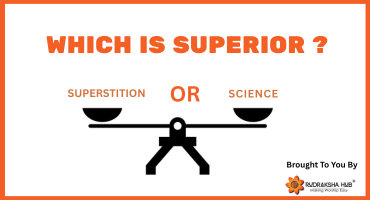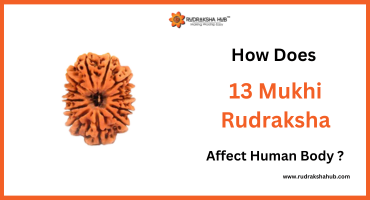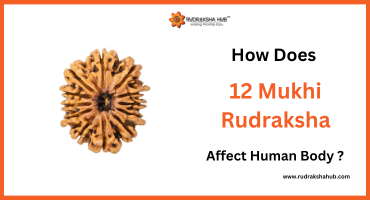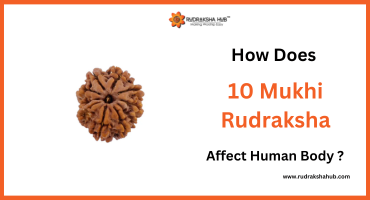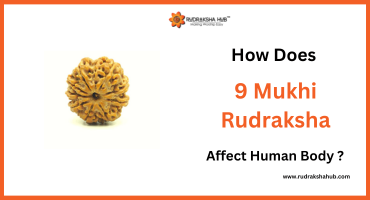
Shrimad Bhagwad Geeta Shlok Blog -65
Shlok-18
अन्तवन्त इमे देहा नित्यस्योक्ताः शरीरिणः । अनाशिनोऽप्रमेयस्य तस्माद्युध्यस्व भारत ॥ 2-18 ||
English Transcription
Antawanta Ime Deha Nityasyoktaah Shareerinah | Anaashinoyprameyasya Tasmaadyudhyaswa Bhaarat || 2-18 ||
Hindi Translation
Avinaashi jaanne me na aane wale or nitya rehnewale is shareer ke ye deh antwale kahe gaye hain. Isiliye hey Arjun, tum Yudh karo.
English Translation
It is these bodies of the embodied, eternal, imperishable, and unfathomable self which came to an end. Therefore fight, Bharat!
Meaning
In the previous Shlok, we saw how Arjun was learning the value of time and the value of effort per unit of time from Shri Krishna. It was clearly explained that crying over spilled milk or probable loss is as useless as waiting for something great to happen on its own.
In this Shlok, there is a continuation of the previous Shlok to say that the difference between mortal and immortal is not just its existence in some time zone but also its relevance for its existence in that time zone only and not later or earlier.
If there is something that does not see any loss, any reversal, or any changes at any given time, situation, or scenario, it is truly immortal.
If something does not need any proof of existence and yet it is blissfully spellbound by nature, it is truly immortal.
Anything that does not need proof and yet the most qualified and the most respected people are the living and worthy proofs of the same, that is truly immortal.
Hence something immortal will stay forever and has stayed forever. So there is no use in fishing out when it wasn’t available and how it will be available whenever it wasn’t.
Keeping all these in purview, it is solid and keen to say that the soul and the ethics and the manners and duties and responsibilities and memories of any person are immortal as they will stay forever and the body of the person is mortal as it was not always there and it will not be always there, at all times.
This needs to be explained in such intricate depth because for every human being to exist, there are three reasons, the nearby, the far-ends, and the reasons for the existence.
So every body in the universe has the same soul but not every soul has the same body. So no one can make the mortal immortal and immortal to mortal and if there is anyone, it is only Lord Krishna who can do this at the behest of the universe.
Conclusion
When a person says that something is theirs because they have made it theirs is because they tend to show ownership over things they do not need or things that do not exist but make them feel that their existence makes sense. Praises, achievements, appraisals, happiness, sadness, memories, actions, remembrances, emotions, and expressions are not originally a person’s own. They are a person’s recollection of what could be tangibly theirs but since not, thus intangibly associated with them. These things are not things to be theirs but since they aren’t seen but felt, hence, feelings too have been made with personal touch. These feelings are good till they are for mental peace and happiness but the moment they teach ego, sadness, harm, dissatisfaction, unhealthy competition, hate, angst, anger, disgust, or negativity towards another person or thing, there is a huge chance of feelings to be in the zone of negative and that leads to all the confusion and irritation in the world.
That’s it for today in Shlok-18, Chapter-2 of Shrimad Bhagwat Geeta. We shall see you again in Shlok-19, chapter-2 tomorrow. Till then, read, smile, enjoy, and have a great time ahead.

